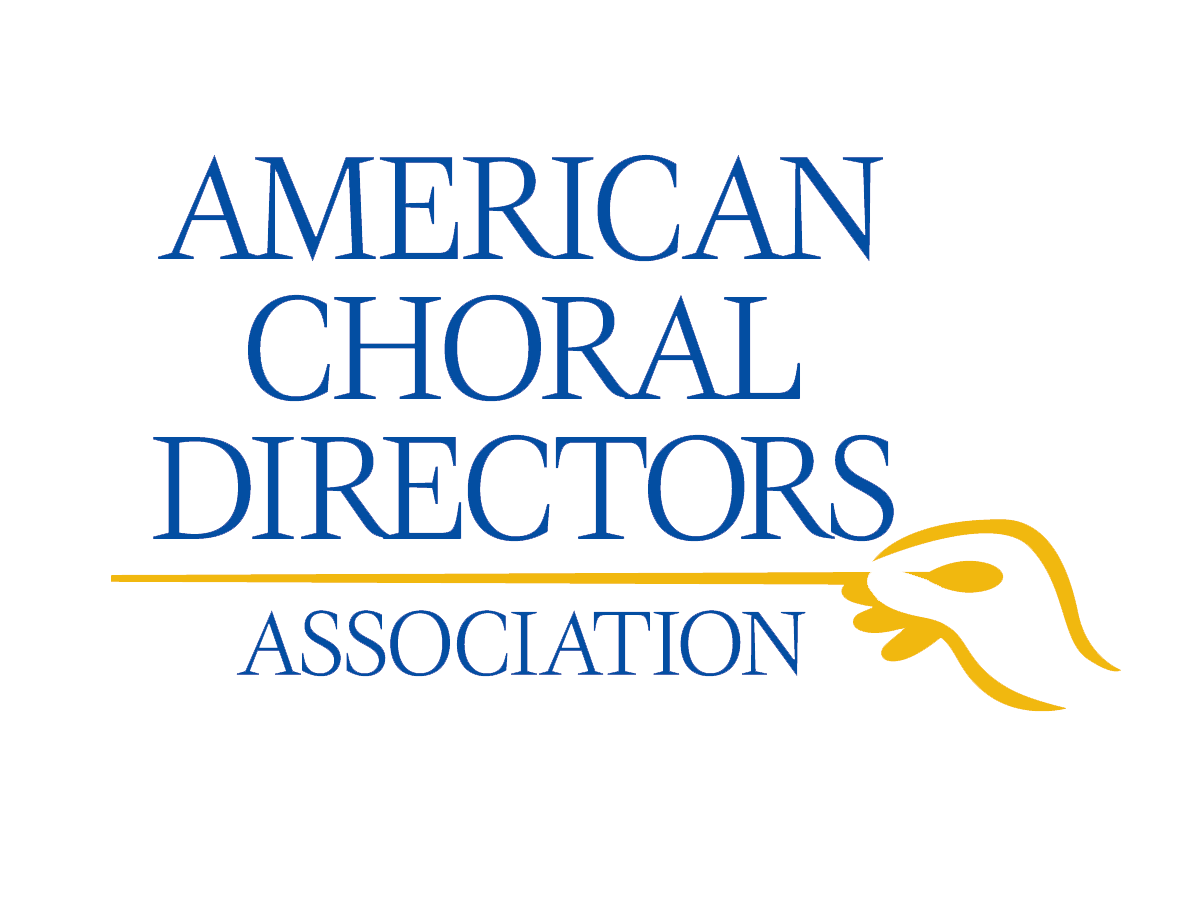This session will address basics of vocal jazz pedagogy with a slightly different-than-usual emphasis: What do I need to “un-learn”, leave behind, or modify when I go from teaching choir to teaching jazz choir? Choral educators are well-trained to teach choir, but not necessarily jazz choir. As we gain choral experience, we develop tried-and-true, cherished techniques to develop choral tone, including the warm-ups we use, the dynamics we employ, vowel color, and phrasing. Many of those techniques, however, are out of place and/or do not work well when teaching jazz. This can be confusing not only to educators, but also to students who experience and enjoy “choral culture” and classical vocal training. How can students reconcile the differences when they are asked to use techniques that appear to contradict what they have learned? Some examples: Text — we give careful attention to proper syllabic emphasis in choir, in order to sing the text expressively; however, this does not always work in jazz. For example, text will need to take a backseat to SWING. Vocal resonance — In choir we value our singers who take private voice lessons, and we want them to learn to sing with resonance and power; however, when our singers use individual microphones held close to their mouths, the resonance and power will not be helpful. Warm-ups — Some of our traditional warm-ups contradict jazz concepts. We need to develop warm-ups that encourage swing, improvising, and different scales. There is no need to despair! Your musicianship and instincts will serve you well! Inexperienced jazz teachers will learn about some of the confusing differences between teaching choral music and teaching jazz choir, and learn tips to navigate the confusion.
Inexperienced jazz teachers will also learn that their training and musical instincts will guide them as they become more and more accomplished in jazz.
Experienced jazz educators will hear a different point of view about something with which they are already comfortable, and thus gain more understanding of their singers.
Having greater understanding of the two “cultures” will facilitate a common language to avoid confusion.



